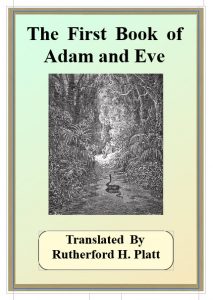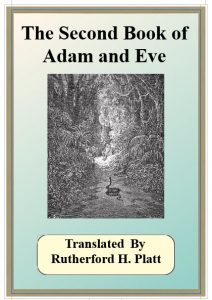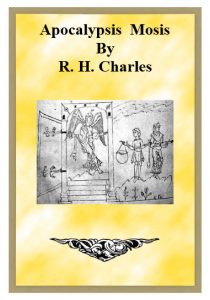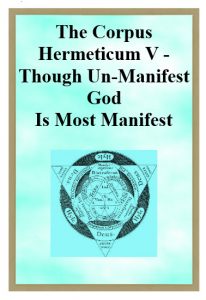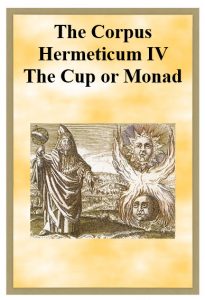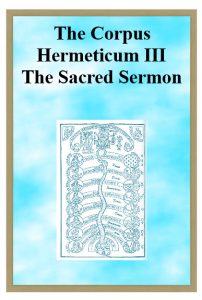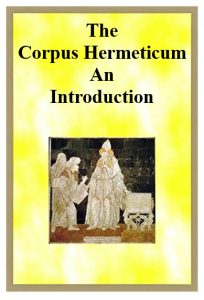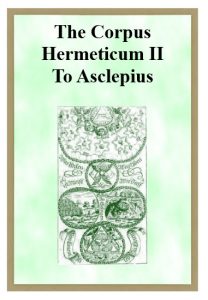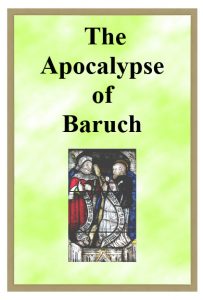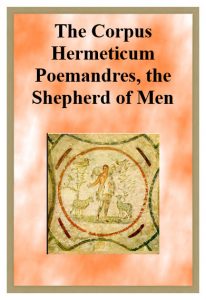Chapter I
The crystal sea, God commands Adam, expelled from Eden, to live in the Cave of Treasures.
ON THE THIRD DAY, God planted the garden in the east of the earth, on the border of the world eastward, beyond which, towards the sun-rising, one finds nothing but water, that encompasses the whole world, and reaches to the borders of heaven.
2 And to the north of the garden there is a sea of water, clear and pure to the taste, unlike anything else; so that, through the clearness thereof, one may look into the depths of the earth.
3 And when a man washes himself in it, he becomes clean of the cleanness thereof, and white of its whiteness—even if he were dark.
4 And God created that sea of his own good pleasure, for He knew what would come of the man He would make; so that after he had left the garden, on account of his transgression, men should be born in the earth. Among them are righteous ones who will die, whose souls God would raise at the last day; when all of them will return to their flesh, bathe in the water of that sea, and repent of their sins.
5 But when God made Adam go out of the garden, He did not place him on the border of it northward. This was so that he and Eve would not be able to go near to the sea of water where they could wash themselves in it, be cleansed from their sins, erase the transgression they had committed, and be no longer reminded of it in the thought of their punishment.
